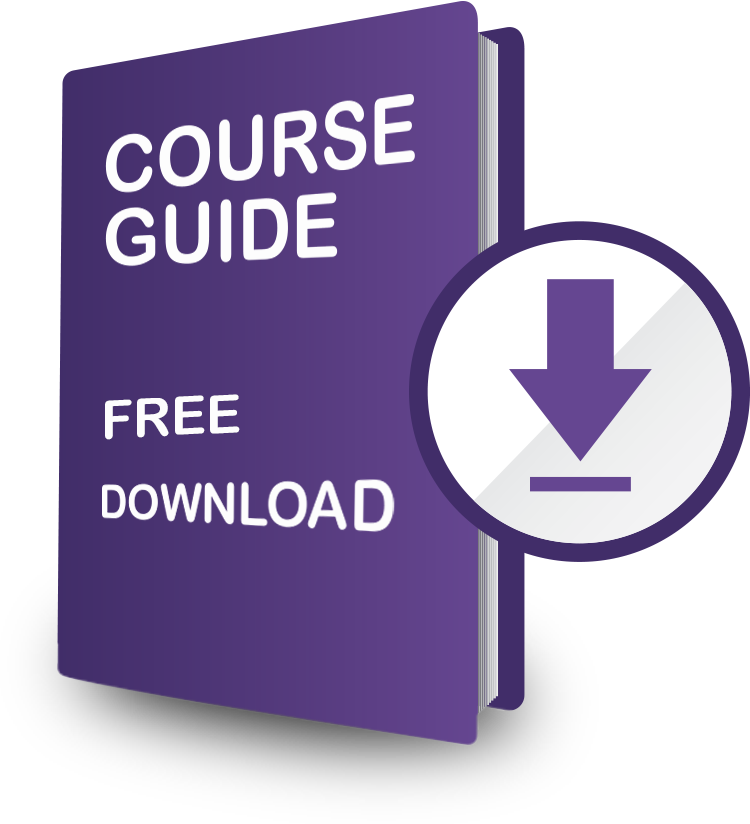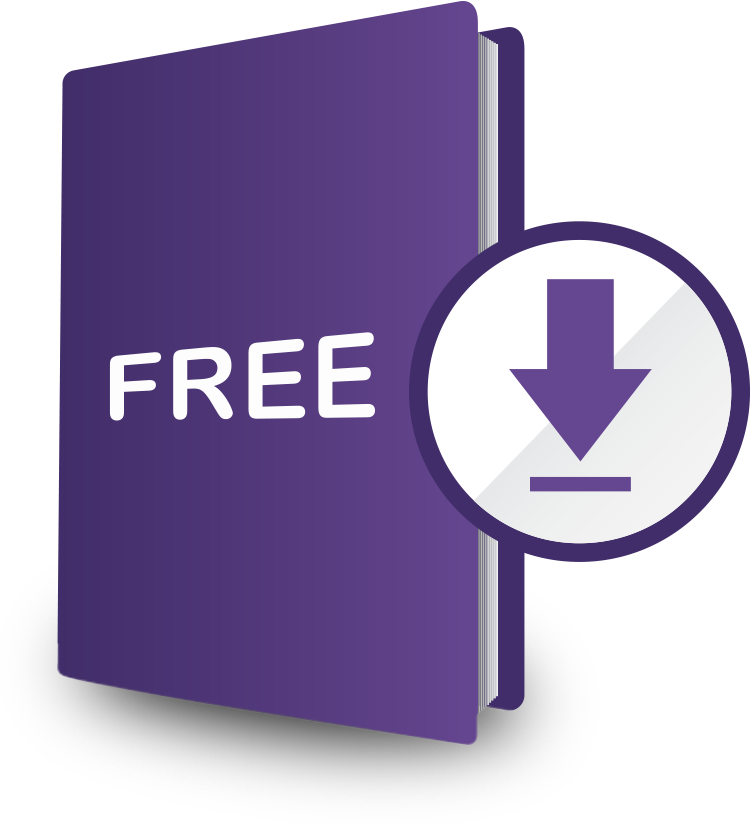View Your Cart
No prior experience or certification needed
Flexible payment plan
(from $25 per week)
Learn Working with Youth
and Children at Risk online –
anywhere, anytime

Accredited by ICOES and
fully endorsed by IARC
Your career in Working with Youth and Children at
Risk is now within reach and within budget.
Did you know that the implications of a developmental disorder can be very significant in later life, if undetected and not responded to? What might potentially be a major problem in later life can be avoided through the simple act of becoming aware and responding early in life.
If you are working with or planning to help children in a caring capacity, this advanced certificate is a must to enhance your knowledge of childhood mental health. The online course would cover definitions of various groups of disorder as well as motor and communication disorders. You will also learn how to identify the signs, symptoms and treatments for these different classes of childhood disorder.
Course Details
Study Duration:
This advanced online course takes approximately 400 hours to complete, but you have lifetime access to suit your self-paced learning.
Study Method:
100% Online
Start Date:
Enrol whenever you see fit.
Fees & Charges:
Shouldn’t be a problem now with 2 easy options: Upfront Payment or a Flexible Payment Plan ($25 per week).
Core Modules
1. Nature and Scope of Developmental Disorders – Intellectual Disability / Learning Disability
- Classification of Childhood Disorders
- Causes of Developmental Disorders- Genetic Factors, Physical Factors, Environmental Factors
- A General Overview of the Diagnosis of Developmental Disorders
- The Prevalence of Developmental Disorders in the General Population
- The Impact on the Families and Children and Adolescents with Developmental Disorders
- Intellectual Disability / Learning Disability
- Co-morbid Disorders
2. Autism – Autistic Disorder signs, symptoms, treatment and support
- Causes of Autism
- Definition of Autism
- The Signs and Symptoms of Autism
- Impaired Social Development & Interactions
- Abnormal Communication
- Repetitive Behaviour
- Other Problems
- The Other Side of the Coin
- Causes of Autism
- History of the Perception of Autism
- Prevalence & Course of Autism in the General Population
- The Autism Spectrum
- Issues Facing Children and Adolescents with Autism
- The Impact of Autism on the Family
- Treatments for Children and Adolescents with Autism
- How Parents/Carers and Practitioners can Support Children with Autism
- Supportive Services for Children and Adolescents with Autism
3. Asperger’s Disorder – signs, symptoms, treatment and support
- Definition of Asperger’s Disorder
- The Signs and Symptoms of Asperger’s Disorder
- Impaired Social Interactions
- Repetitive Behaviour
- Causes of Asperger’s Disorder
- The History of Asperger’s Disorder
- The Prevalence & Course of Asperger’s Disorder in the General Population
- Asperger’s Disorder and Autism – The Autism Spectrum
- The Impact of Asperger’s Disorder on the Child or Adolescent
- The Impact of Asperger’s Disorder on the Family
- Treatments Available for Children and Adolescents with Asperger’s Disorder
- How Parents/Carers and Practitioners can Support Children with Asperger’s Disorder
- Supportive Services Available for Children with Asperger’s Disorder and Their Family
4. Other Pervasive Developmental Disorders (Rett’s Disorder, Childhood Disintegrative Disorder, Developmental Disorders NOS) signs, symptoms, treatment and support
- Definition of Pervasive Developmental Disorders
- Rett’s Disorder
- Childhood Disintegrative Disorder
- Developmental Disorders Not Otherwise Specified
- Causes of Developmental Disorders
- A General View on How Developmental Disorders are Diagnosed
- The Impact of Developmental Disorders on the Child or Adolescent
- The Impact on the Family of the Child or Adolescent with Developmental Disorders
5. Attention-Deficit and Hyperactivity Disorders – ADHD & variants, signs, symptoms, treatment and support
- Signs & Symptoms of ADHD
- Features of Inattention
- Features of Hyperactivity-Impulsivity
- Settings
- Causes of ADHD
- Historical Background of ADHD
- Prevalence & Course of ADHD
- Treatment of ADHD
- Support Available
- Factors that can Aggravate ADD or ADHD Symptoms
- The Impact of ADD and ADHD on the Child or Adolescent
- The Impact on the Family of a Child with ADD or ADHD
6. Conduct Disorders (Include oppositional defiant disorder) signs, symptoms, treatment and support
- Definition of Conduct Disorder
- Signs and Symptoms of Conduct Disorders
- Causes of Conduct Disorders
- Prevalence & Course of Conduct Disorders in the General Population
- Definition of Oppositional Defiant Disorder
- Signs and Symptoms of Oppositional Defiant Disorder
- Causes of Oppositional Defiant Disorder
- Prevalence & Course of Oppositional Defiant Disorder in the General Population
- Anti-Social Personality Disorder (APD)
- Treatments Available for Conduct Disorders
- Support for Families and Children with Conduct Disorders
- The Impact of Conduct Disorders on Children
- The Impact on the Family of Having a Child with a Conduct Disorder
- How Parents/Carers and Practitioners can Support Children with Conduct Disorders
7. Learning Disorders – focus on academia (Mathematics, Reading Disorder – Dyslexia, etc.) signs, symptoms, treatment and support
- Specific Developmental Disorders
- Definition of Learning Disorders
- Reading Disorder (Developmental Dyslexia)
- Disorder of Written Expression (Specific Spelling Disorder)
- Mathematics (Arithmetic) Disorder
8. Communications Disorders & Motor Skills Disorder – focus on speech and language signs, symptoms, treatment, and support
- Definition of Communication Disorders
- Causes of Communication Disorders
- Phonological Disorder
- Expressive Language Disorder
- Mixed Receptive-Expressive Language Disorder
- Stuttering
- Motor Skills Disorder
- Impact on the Child and Family of Communication Disorders
9. Youth and Crime
- Age of Criminal Responsibility
- Risk Factors
- Mental Health Risk
- Conduct Disorders
- ADHD (Attention Deficit Hyperactivity Disorder)
- Cumulative Effect of Risk Factors
- Prevalence and Offending
- Case Studies
- Young People as Victims
10. Nature and Scope of Mental Health – looking at difference between adult and child and adolescent mental health.
- Introduction
- Understanding normal childhood development
- Good mental health
- Understanding childhood mental illness
- Prevalence of mental health issues in children and adolescents
- Differences to adult mental health
- An introduction to the mental health industry
11. Childhood Depression – how it changes when reaching adolescence; signs and symptoms and treatments
- Introduction
- Types of depression in childhood
- Diagnosis of depression in children
- Causes of childhood depression
- Assessing risk of suicide
12. Anxiety Disorders – separation, generalised etc. school phobias, social phobias etc. signs/symptoms/treatment
- Introduction
- Scope and nature of anxiety disorders
- Different types of anxiety disorders
- Childhood anxiety disorders
- Adolescent anxiety disorders
- Other anxiety related problems
13. Tic Disorders – Tourette’s etc. signs/symptoms/treatment
- Introduction to Tic Disorders
- types of Tics
- Gilles de la Tourette syndrome (Tourette’s disorder)
- Transient Tic Disorder
- Chronic Tic Disorder
- Tic Disorder (NOS)
14. Brain Disorders (Injury & Disease) signs/symptoms/treatment
- Introduction
- Differences to adults
- Traumatic brain injury
- Congenital malformations
- Genetic disorders
- Tumours
- Infectious diseases
- Cerebrovascular disease
- Epilepsy
- Environmental toxins
15. Other Disorders – Motor Disorders, Elimination Disorders, Feeding & Eating Disorders; signs/symptoms/treatment
- Introduction
- Elimination Disorders
- Encopresis
- Enuresis
- Feeding and Eating Disorders of Childhood
- Reactive Attachment Disorder
- Selective Mutism
- Stereotypic Movement Disorder
16. Environmental Problems – Abuse and Neglect, Relationship Problems signs/symptoms/treatment
- Introduction
- Child abuse
- Definition of child abuse
- Factitious disorder by proxy
- The effects of abuse
- Attachment issues
- Lifestyle
17. Problems of Adolescence – Anorexia, Bulimia, Substance Use, Family Conflict signs/symptoms/treatment
- Introduction
- Significant disorders of adolescence
18. Holistic and Alternative Approaches to Treatment – this should be a general approach to dealing with children & adolescents i.e., not directed at specific conditions
- Drug treatments
- Food and mental health
- Alternative therapies
- Homeopathy
- Art therapy
- Music therapy
- Counselling/psychotherapy
- Craniosacral/biodynamic osteopathy
- Kinesiology
- Aromatherapy
- Sensory integration
- Behavioural optometry
- Hearing and mental health
- Movement therapies.
18. Special Project – student chooses something of interest
Each lesson culminates in an assignment which is submitted to the school, marked by the school’s tutors and returned to you with any relevant suggestions, comments, and if necessary, extra reading.
About Courses4me
Courses4me is the leader in online education with decades of experience in both public and private education.
Our founders have a combined 30 years of expertise in education and training and have joined forces to deliver high-quality, low-cost education to anyone wishing to advance their career.
IS COURSES4ME ACCREDITED
Yes. All of our courses are endorsed by the IARC (www.iarcedu.com) and accredited by ICOES (www.icoes.org). ICOES has an independent board of management that ensures that the Foundation operates in accordance with its purpose. It has an Advisory Board consisting of independent professors who developed and implemented the Accreditation Standards, a quality charter that is used for the annual review of prospective and existing accredited course providers.
Career Opportunities
This certificate opens up the gateway for you to seek employment in various businesses, some career outcomes may require further training and /or qualifications.

Youth Work

Social Work

Health Professions

Counselling
Please fill in the Enquiry Form below to download your course brochure
Let’s make it happen!
Simply fill out the form and you’ll receive more information and a short consultation with an Enrolment Specialist from Course4Me who can answer any questions you may have.
By submitting this enquiry, I agree to all terms of use and privacy policy.






